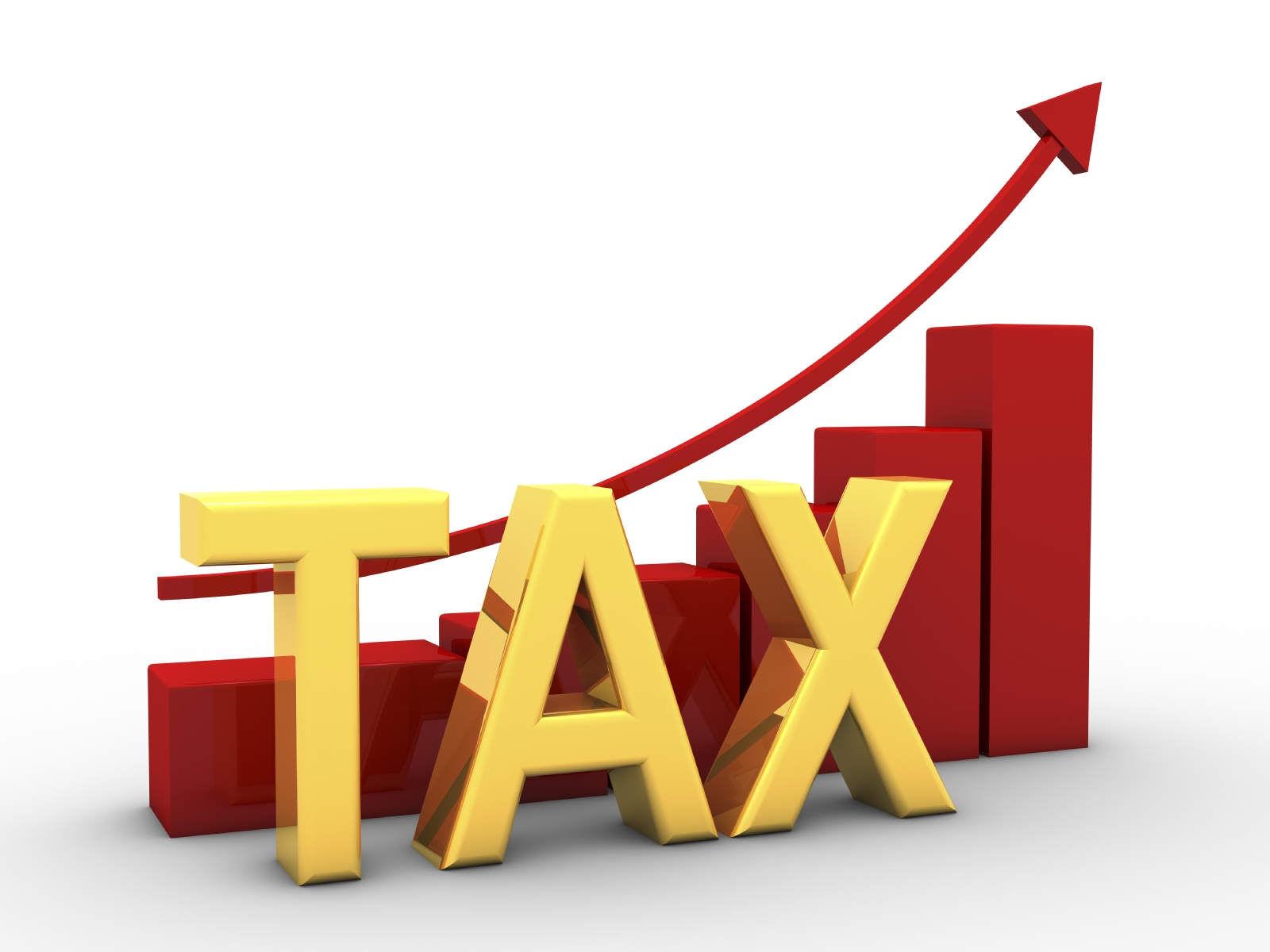VCCI recommends postponing consumption tax increase until 2028
Mark 13 Mar 2025 11:57EN
The Vietnam Chamber of Commerce and Industry (VCCI) recently sent a formal letter to the National Assembly's Economic and Financial Committee, raising a number of concerns about the draft amendment to the Special Consumption Tax (SCT).

VCCI pointed out that the two options for increasing the SCT proposed in the draft may have significant negative effects, especially that increasing taxes too quickly will put tremendous pressure on enterprises and supply chains, hindering strategic adjustments, technological investment and quality improvement.
This may lead to production shrinkage, losses or even bankruptcy, affecting the employment of millions of workers.
In addition, high taxes may promote smuggling activities, lead to budget revenue losses, and increase pressure and risks on consumer market management.

VCCI believes that there is no clear evidence that a sharp increase in the SCT will significantly reduce the consumption of harmful items. Instead, it may cause people to turn to informal channels or cut spending in other sectors, making it difficult to achieve the goal of protecting public health.
At the macroeconomic level, the options in the draft may reduce the added value of the industry and affect GDP. Therefore, VCCI recommends postponing the increase in the SCT to 2028 and increasing it by 5% every two years to ensure that enterprises have time to adapt, policies are feasible, and reduce the impact on the market.

VCCI pointed out that the two options for increasing the SCT proposed in the draft may have significant negative effects, especially that increasing taxes too quickly will put tremendous pressure on enterprises and supply chains, hindering strategic adjustments, technological investment and quality improvement.
This may lead to production shrinkage, losses or even bankruptcy, affecting the employment of millions of workers.
In addition, high taxes may promote smuggling activities, lead to budget revenue losses, and increase pressure and risks on consumer market management.

VCCI believes that there is no clear evidence that a sharp increase in the SCT will significantly reduce the consumption of harmful items. Instead, it may cause people to turn to informal channels or cut spending in other sectors, making it difficult to achieve the goal of protecting public health.
At the macroeconomic level, the options in the draft may reduce the added value of the industry and affect GDP. Therefore, VCCI recommends postponing the increase in the SCT to 2028 and increasing it by 5% every two years to ensure that enterprises have time to adapt, policies are feasible, and reduce the impact on the market.


